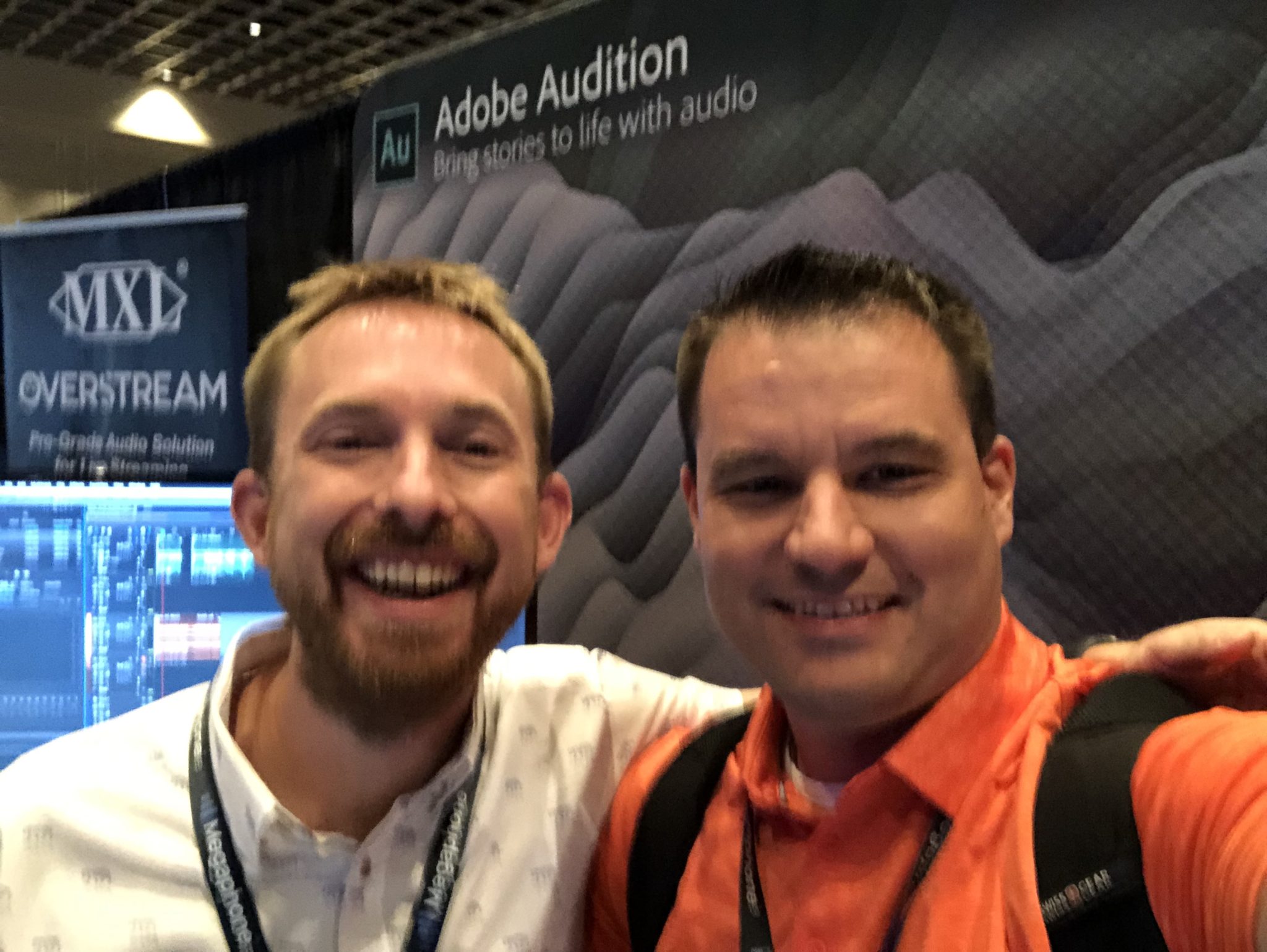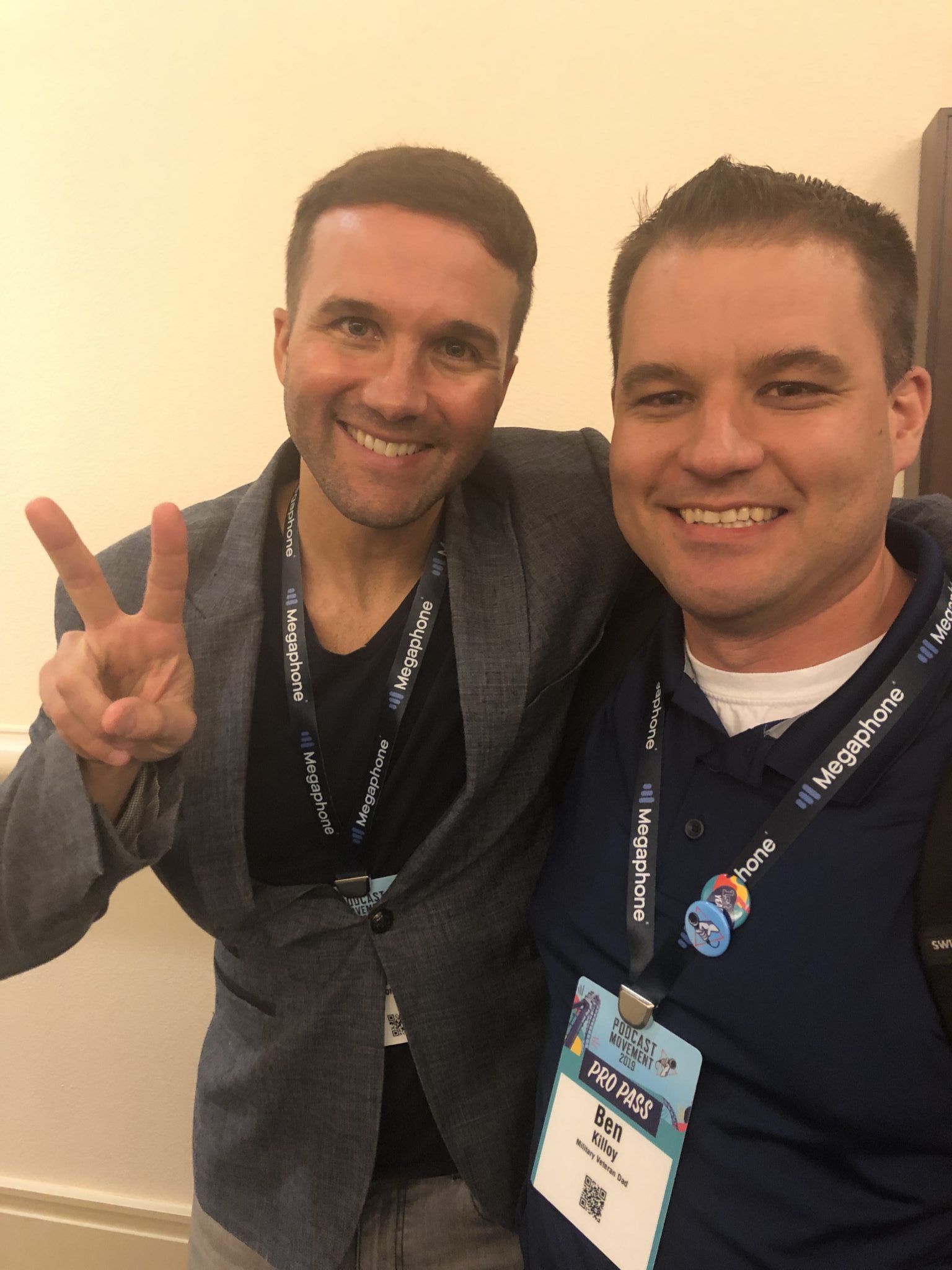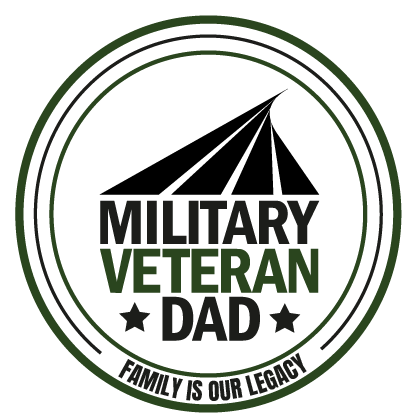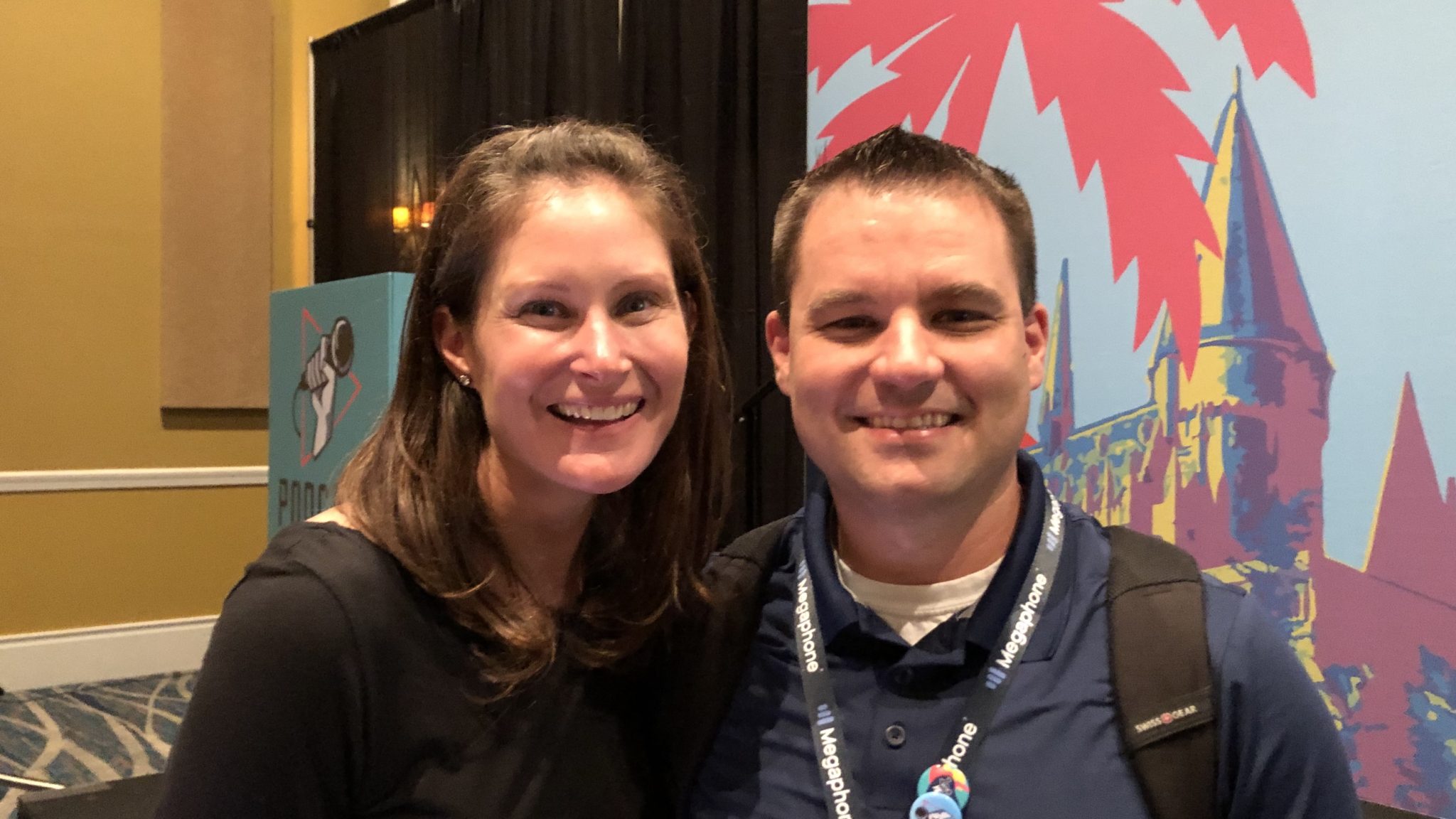How I selected the microphone?
There is probably no harder task in podcasting that picking the right mic. Especially when you are starting out. You want to be a pro, but maybe don’t have a pro budget. There are so many opinions out there and you have never bought a mic like this in your life.
So how do you decide? Rely on the experts, and know whatever decision you make, your podcast will still grow.
I used this video from Mike Russel to compare a bunch of microphones in different environments and went with what I thought was best for me. You will most likely hear a lot about the blue yeti, but for me, it wasn’t a podcasting microphone and it was trying to be too much. After watching this final video, I settled on the Samson Q2U. And I love how it sounds and it gets the job done with room to grow if I want to get an XLR connection mixer.
The one thing I do regret is the boom I picked, it hasn’t held up as I wanted, I would recommend spending a little bit more on this to make sure you get a quality one that lasts. Will update here when I find just the right one.

How I edit my episodes
This was an evolution for me, I have always been a guy that liked figuring things out and I was on a budget so the free version of Audacity was my go to software on a budget. But the one thing that can get you is that you know there is a right way and a wrong way, but no idea what that looks like. You might know by now some people charge $200 an episode for this service and asking how do I get that level without paying for it.
For this we go back to my good friend Mike Russell, he created a nice video for how to make your voice sound better in Audacity. This was the only process I applied to my episodes for the first 35 and guess what my podcast kept growing.
I have now moved on from Audacity and found a company called Alitu and it has changed my life. It’s cloud-based editing software that does all the fancy stuff in the background using AI and now the only thing I worry about is cutting things out and writing the show notes. It is literally the best $30 bucks a month I spend on my podcast.
It took my editing from three hours to one. It would be shorter but my episodes are generally about an hour. They offer a free 7-day trial and if you use this link you will help support the Military Veteran Dad podcast.
Where do I host my podcast
There a lot of hosting sites out there, but I believe the gold standard is still Libsyn if you plan on being serious about podcasting. The other free hosts are good for a small passion, but moving a podcast can be a bare, so make sure you understand where you want it to be in the end before choosing your host.
Another thing I like about Libsyn is the ability to publish in more than one spot automatically. For example Libsyn will create a video file of my audio file and automatically post it to YouTube.
How I schedule guests
I use a Calendly premium account to connect to my calendars, block out availability for interviews. Something that has helped a lot is only having one or two times a week that someone can schedule automatically. It has helped communication with my wife so that she kind of knows when I typically have them.
By using a premium account with Calendly, I also connect my Zoom video service to it and it automatically adds the meeting information to the invite.
Calendly also takes care of my reminders emails leading up to the interview. This can single most important part leading up to the interview because often a guest booked a few weeks out and won’t always remember the commitment.

How I organize my notes
I am huge fan of Office 365, used it at work for years and always felt comfortable with it. I pay the 7.99 for a home account, but you could also easily move up to the next plan and get the small business single license.
What I love about 365 is the easy integration of OneDrive into Windows, I have all my episodes saved there automatically. This way they are always backed up in the cloud.
I use Microsoft OneNote to organize show episodes, I have a page for each episode where I type out things I need to do, the scripts, introductions for the guest, and most importantly its where I create my show notes. I have an episode template setup and use it to ensure quality show notes each time and that I consistently don’t miss out on anything.
How do I record my episodes
There are a few tools out there to-do this, but when you are starting out simplicity is key especially if you are not doing in person interview and only doing them online. I use Zoom to record all my episodes, it integrates with my other tools and is very reliable quality wise.
It also helps ensure the other side gets connected, with multiple methods to join, I can have a guest who joins on there phone with some headphones and still have a decent podcast episode with audio quality.
I can also set it to save audio tracks separately which can be useful to edit out a noise that was on one side of the interview or the other.


